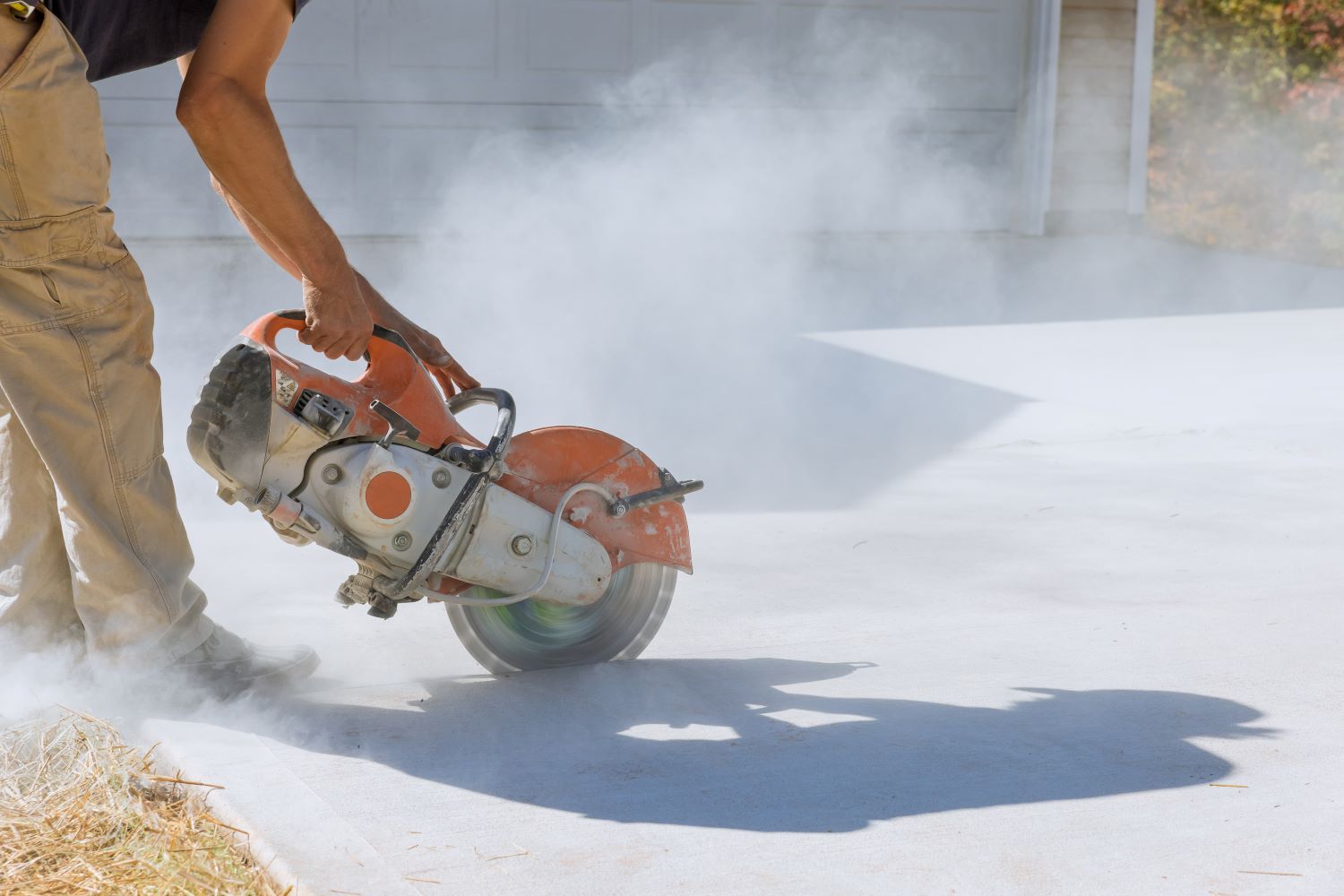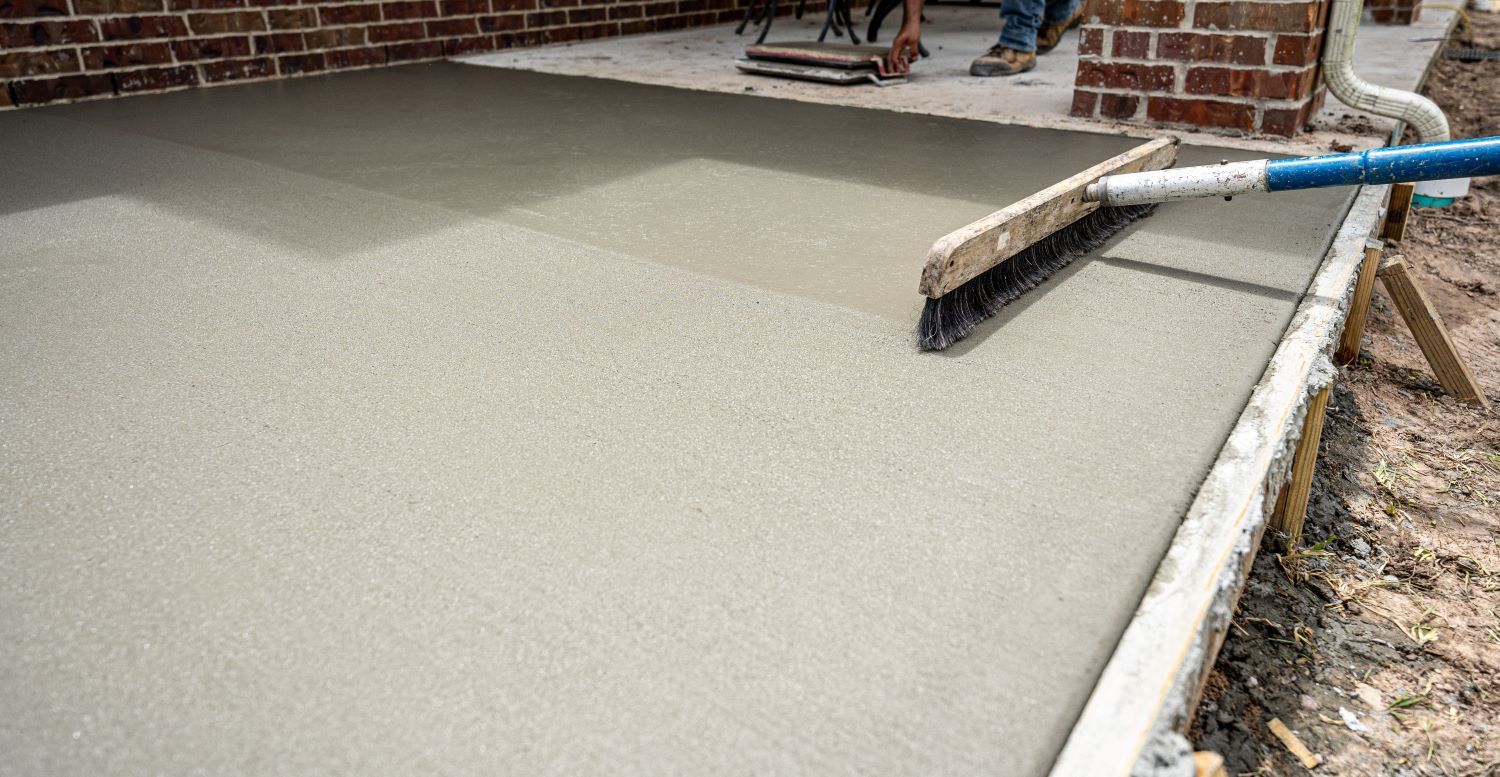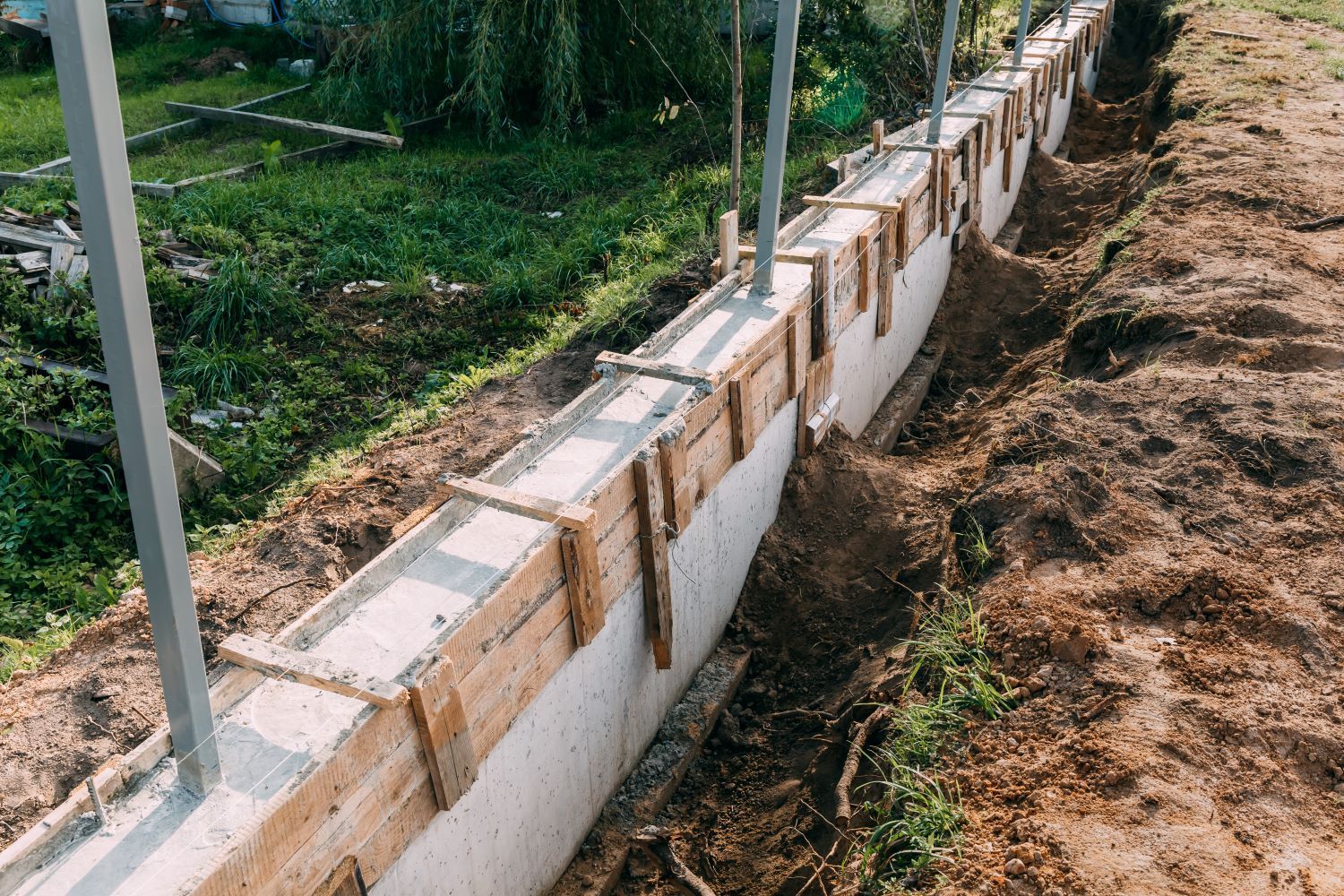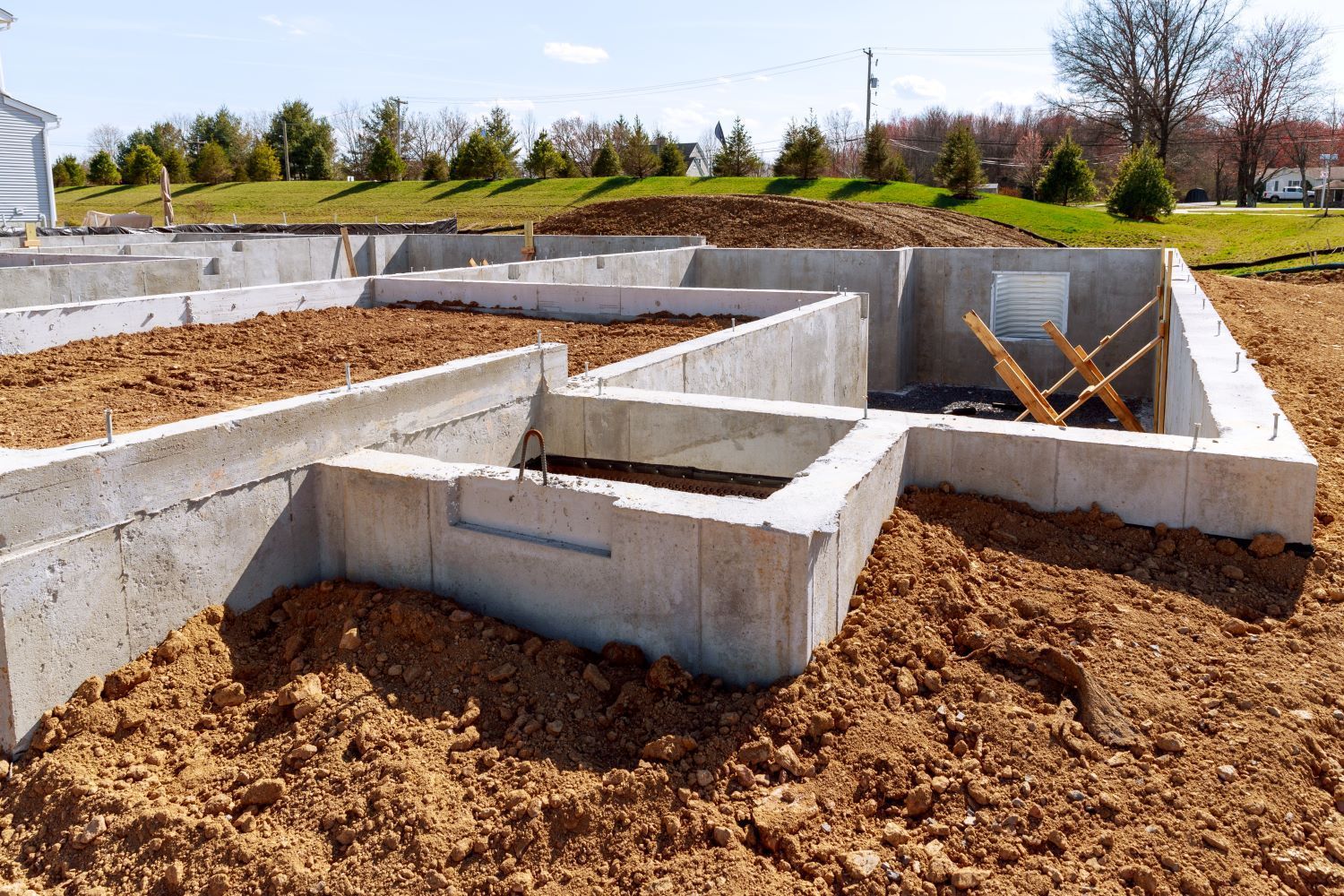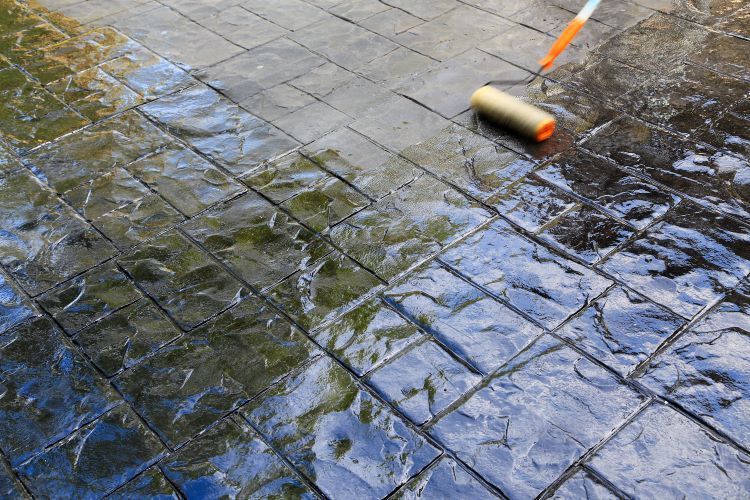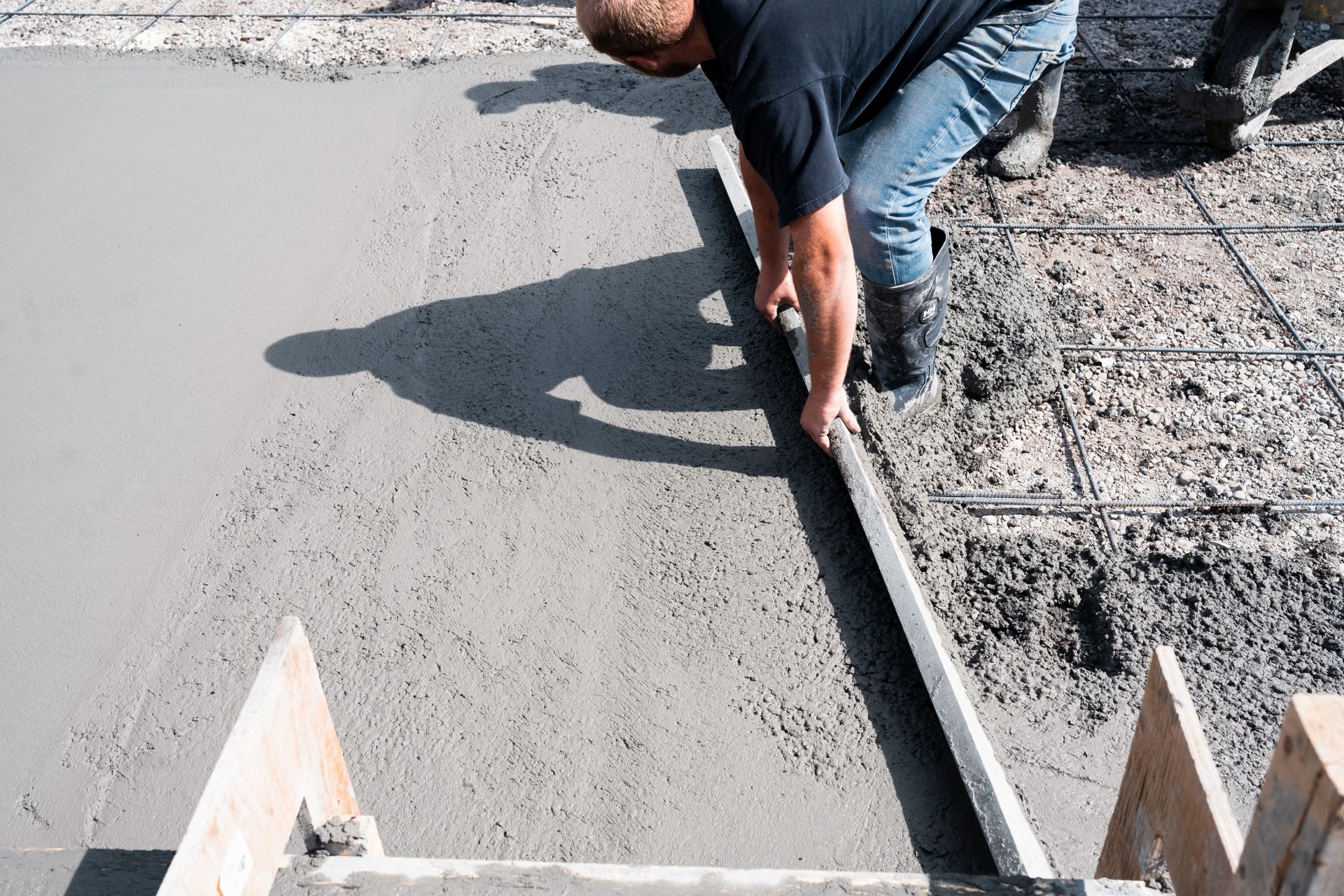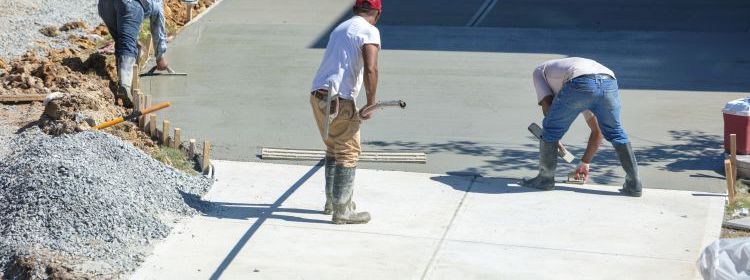The Pros and Cons of Concrete Driveways vs. Asphalt Driveways
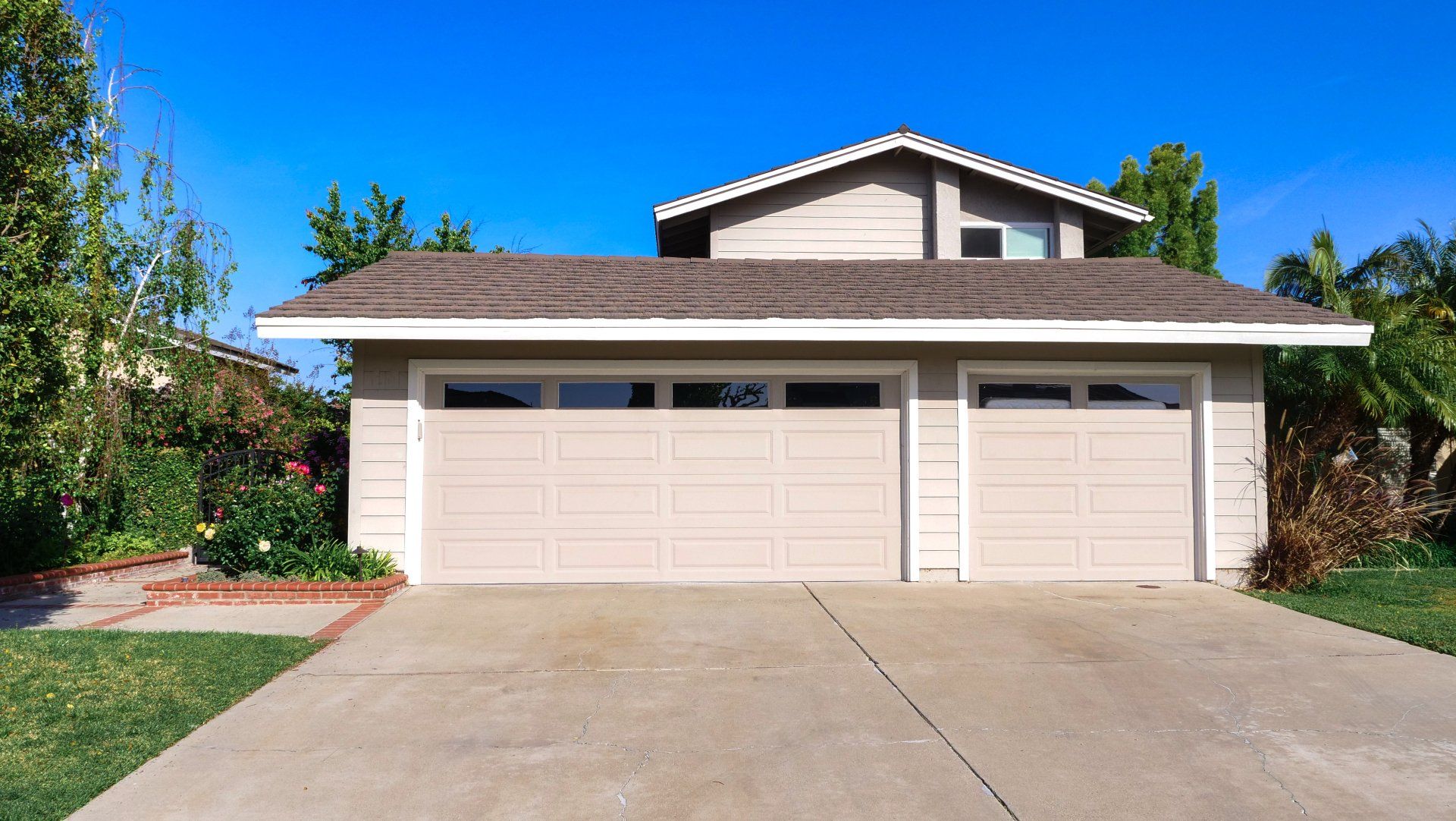
When it comes to installing a new driveway or replacing an old one, homeowners in London, Ontario, often face a crucial decision: concrete or asphalt? Both materials have their advantages and disadvantages, depending on factors like climate, budget, and aesthetic preferences. This guide compares concrete and asphalt driveways to help you make an informed choice for your property.
Concrete Driveways
Pros:
- Durability
Concrete driveways are known for their long lifespan, often lasting 30 years or more with proper maintenance. This makes them a solid investment for homeowners looking for a durable and low-maintenance solution. - Low Maintenance
Concrete requires minimal upkeep. Occasional sealing and cleaning can keep it looking fresh and functional for years. - Versatile Aesthetics
With the option to stain, stamp, or texture the surface, concrete driveways offer a wide range of customization. You can achieve various colors and patterns to complement your home’s design. - Eco-Friendly
Concrete is made from abundant natural materials, and its lighter color reflects sunlight, reducing the heat island effect around your home.
Cons:
- Higher Upfront Cost
The initial cost of a concrete driveway is higher than asphalt. However, this can be offset by its longevity and lower maintenance expenses over time. - Longer Installation Time
Concrete requires more time to cure before it can be used, which may delay your project completion compared to asphalt. - Susceptibility to Cracking
While durable, concrete can crack due to freeze-thaw cycles in colder climates like London. Regular sealing can help minimize this issue.
Asphalt Driveways
Pros:
- Lower Initial Cost
Asphalt driveways are generally more affordable to install, making them a popular choice for budget-conscious homeowners. - Quick Installation
Asphalt is ready to use much sooner than concrete, typically within a day or two of installation. - Weather Resilience
The dark color of asphalt absorbs heat, helping snow and ice melt faster during Ontario’s cold winters. - Flexibility
Asphalt is less prone to cracking than concrete, thanks to its flexibility, which allows it to adapt to slight shifts in the ground.
Cons:
- Shorter Lifespan
Asphalt driveways usually last 15 to 20 years, about half the lifespan of concrete. - Higher Maintenance
To maintain its appearance and durability, asphalt needs regular sealing, typically every 3–5 years. - Limited Aesthetic Options
Asphalt is primarily available in black and lacks the customization potential of concrete. - Environmental Impact
Asphalt is derived from petroleum, which has a higher environmental footprint compared to concrete.
Key Considerations for Homeowners in London, Ontario
When choosing between concrete and asphalt, consider the following factors:
- Climate: Concrete may require more attention in freeze-thaw conditions, while asphalt may need more frequent sealing in high-traffic areas.
- Budget: Asphalt is cost-effective upfront, but concrete offers long-term savings.
- Aesthetic Appeal: If customization is important, concrete provides more options to enhance curb appeal.
- Maintenance: Decide how much time and effort you’re willing to invest in upkeep.
Conclusion
Concrete and asphalt driveways each have unique benefits and drawbacks. Concrete stands out for its durability and design versatility, while asphalt is more budget-friendly and better suited for quick installations.
At Concrete Contractors London, we specialize in creating high-quality concrete driveways tailored to your needs. Whether you're drawn to the longevity of concrete or want to explore its decorative possibilities, our team is here to guide you every step of the way.
Contact us today for a free consultation and start transforming your driveway into a durable, beautiful feature for your home!
